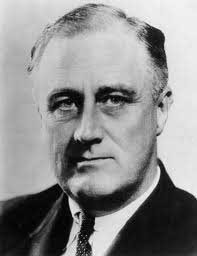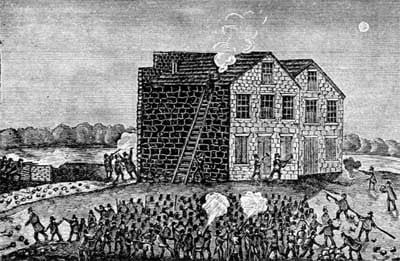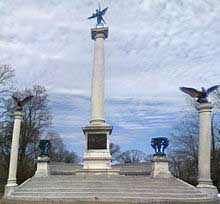STUDIES IN THE WESTMINSTER SHORTER CATECHISM.
by Rev. Leonard T. Van Horn
Q. 106. What do we pray for in the sixth petition?
A. In the sixth petition, which is, “And lead us not into temptation, but deliver us from evil,” we pray, that God would either keep us from being tempted to sin, or support and deliver us when we are tempted.
Scripture References: Matt. 26:41; I Cor. 10:13; Ps. 51:10, 12; Matt. 4:3.
Questions:
1. What do we mean when we speak of being tempted to sin?
We mean we are strongly enticed to the evil of sin.
2. From where do these temptations come?
They come from within us and without us. From within us they come because the heart is prone to wickedness. From without they come from Satan, who is called the tempter in the Word of God. (Matt. 4:3).
3. Is it possible for Christians to be tempted and drawn into sin?
Yes, it is possible for Christians to walk in the flesh and not be on guard against the wiles of the devil and not recognize the foulness of their hearts.
4. Are we able to resist temptations to sin in and by ourselves?
No, we are unable to resist it by our own power. We must trust in the power of the Lord and ask Him for grace to resist the devil in our lives.
5. Are the temptations of Satan irresistible on the part of believers?
No, his temptations are not irresistible. We are told in the Word of God that we can resist them and there are examples in the Bible of believers who have been enabled, by the grace of God, to resist his temptations.
6. What do we mean when we ask God to keep us from temptation?
We are asking Him to keep us from falling into the temptation, if it be His will to do so. However, if we do fall into the temptation we are asking Him to recover us from it and that He might overrule in our lives and cause our fall to be turned into something for His glory.
SATAN THE TEMPTER!
In I Thess. 2:18 Paul states, “Wherefore we would have come unto you, even I Paul, but Satan hindered us.” Paul was a man that was always in a struggle with Satan. And Paul was a Christian saved by grace. Yet so many Christians seem to have the idea that there is no such thing as a devil, no such person as Satan going to and fro in this world. Such deluded believers are even given to sing:
“And tho’ this world, with devils filled,
Should threaten to undo us;
We will not fear, for God hath willed
His truth to triumph through us.
The prince of darkness grim—
We tremble not for him; his rage we can endure,
For lo! his doom is sure, One little word shall fell him.”
However, even while singing that wonderful hymn (A Mighty Fortress Is Our God) with all their might, so many believers refuse to recognize that there is a “Tempter” and that he is busily engaged in his attempted overthrow of victorious Christianity day after day.
The Word of God is full of advice to God’s children regarding Satan. He is described as an adversary (Rev. 12:10; I Pet. 5:8). He is described as seeking to sift believers as wheat (Luke 22:31). He is described as tempting Christians (Matt. 4:3-11). Thomas A. Kempis says: “Know that the ancient enemy doth strive by all means to hinder thy desire to be good and to keep thee clear of all religious exercises. Many evil thoughts does he suggest to thee, that so he may cause a weariness and horror in thee, and to call thee back from prayer and holy reading.”
It is so important for the believer to recognize that Satan is! How often he wins his battles by simply convincing believers there is no such thing as a personal devil—and this leaves him free to establish his strongholds. Further, it is so important for the believer to know that the power of Satan is not supreme! His power is limited. It was so in the case of Job. It is so today with every believer.
As we are tempted towards evil we are to recognize who our foe is and fight the battle in the armor of God. We are soldiers, we are at war, our strength is found in the armor of God. May God help us, the next time we are tempted, to turn to the “sword” in our possession, the Word of God, and use it. May we turn to the sixth chapter of Ephesians, take stock of our armor, and ask God for His grace to use it against the devil!
Published by The Shield and Sword, Inc.
Dedicated to instruction in the Westminster Standards for use as a bulletin insert or other methods of distribution in Presbyterian churches.
Vol. 7, No. 11 (November 1968)
Rev. Leonard T. Van Horn, Editor.




